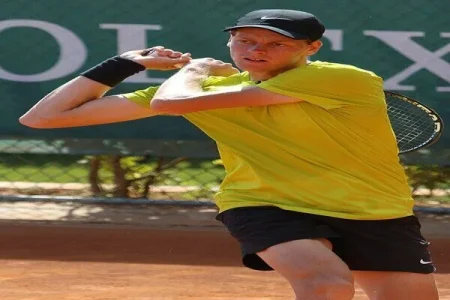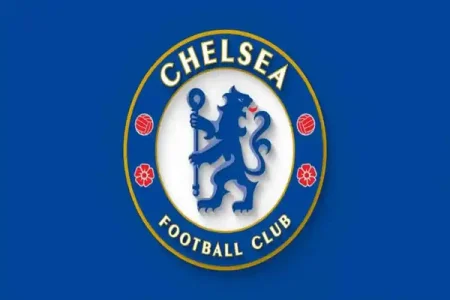
World No. 1 Jannik Sinner has accepted a three-month suspension after testing positive for traces of banned substance clostebol. The ban, from February 9 to May 4, allows him to compete at the French Open. WADA confirmed no intent to cheat, but upheld the ban under strict liability rules.
World No. 1 tennis player Jannik Sinner has been handed a three-month suspension after testing positive for traces of the banned substance clostebol. The ban, effective from February 9 to May 4, means he will still be eligible to compete in the French Open, which starts on May 25.
Sinner accepted the suspension, acknowledging that the World Anti-Doping Agency (WADA) found no evidence of intentional doping or performance enhancement. The Italian star explained that the substance entered his system through a spray used by his physiotherapist to treat a minor injury. Despite this, WADA maintained its strict liability policy, holding him responsible for his support team’s actions.
In a statement, Sinner expressed frustration over the prolonged uncertainty regarding the case, saying it had been weighing on him for nearly a year. He emphasized his commitment to clean sport and stated he had chosen to resolve the matter by accepting the three-month sanction.
WADA confirmed that Sinner did not attempt to gain a competitive edge but upheld the suspension to maintain anti-doping regulations. The resolution allows him to return in time for the Rome Open, an important clay-court event leading up to Roland Garros.
With his ban set to expire in May, Sinner will miss a few tournaments but will have ample preparation time for the Grand Slam season. His case highlights the challenges athletes face under stringent anti-doping rules, even in cases where intent is not a factor.




